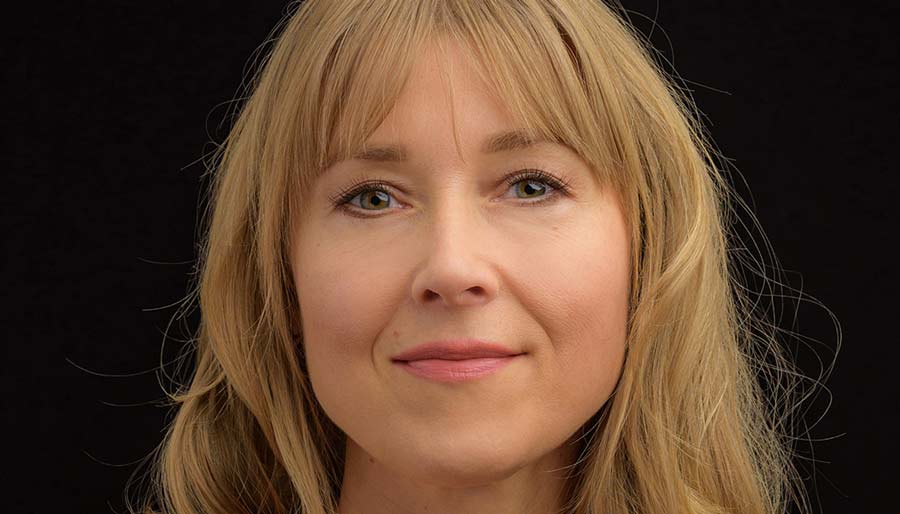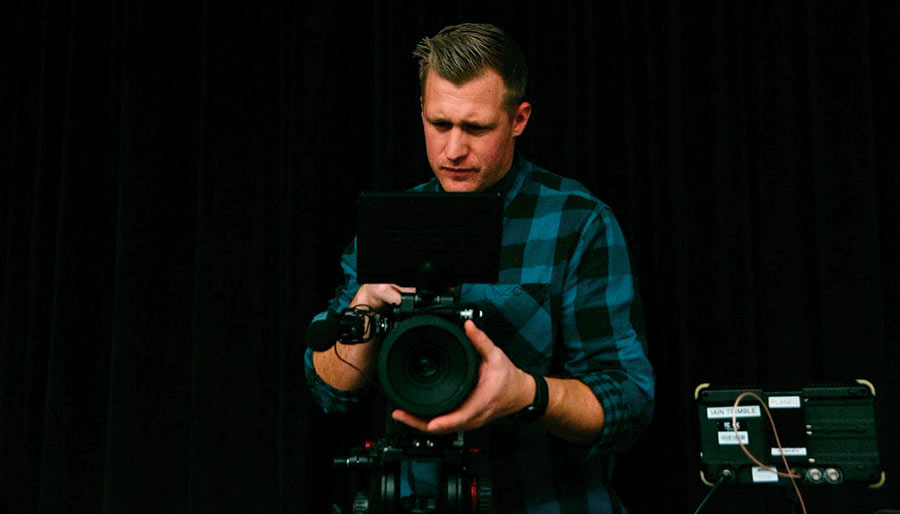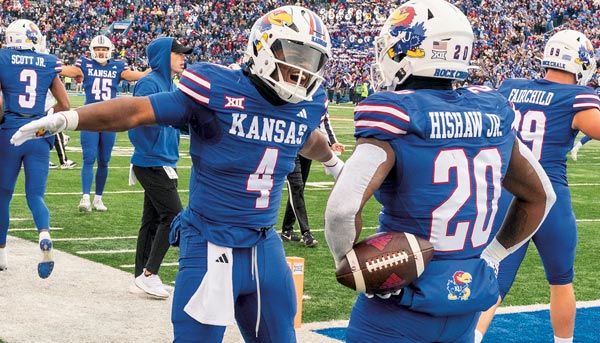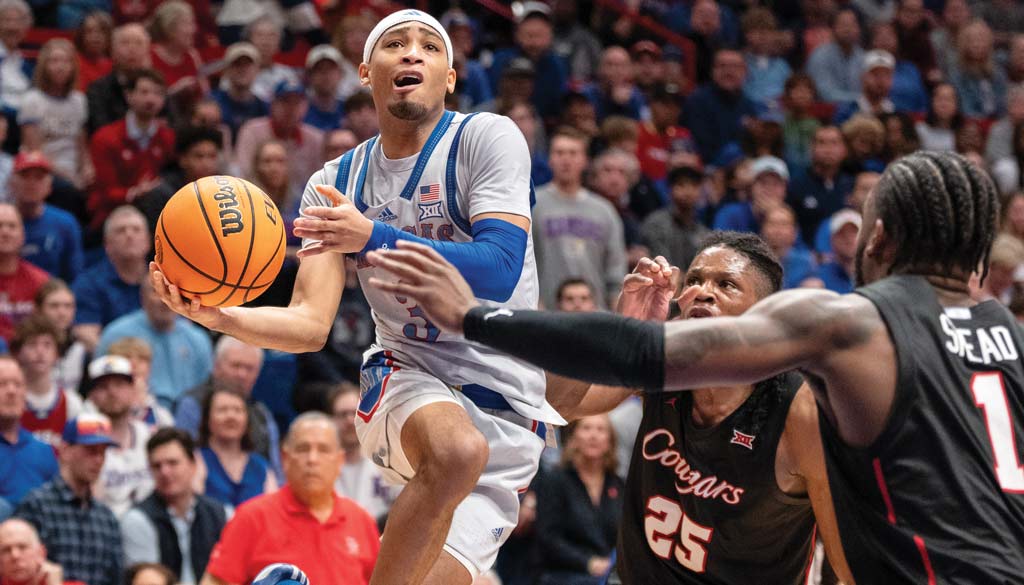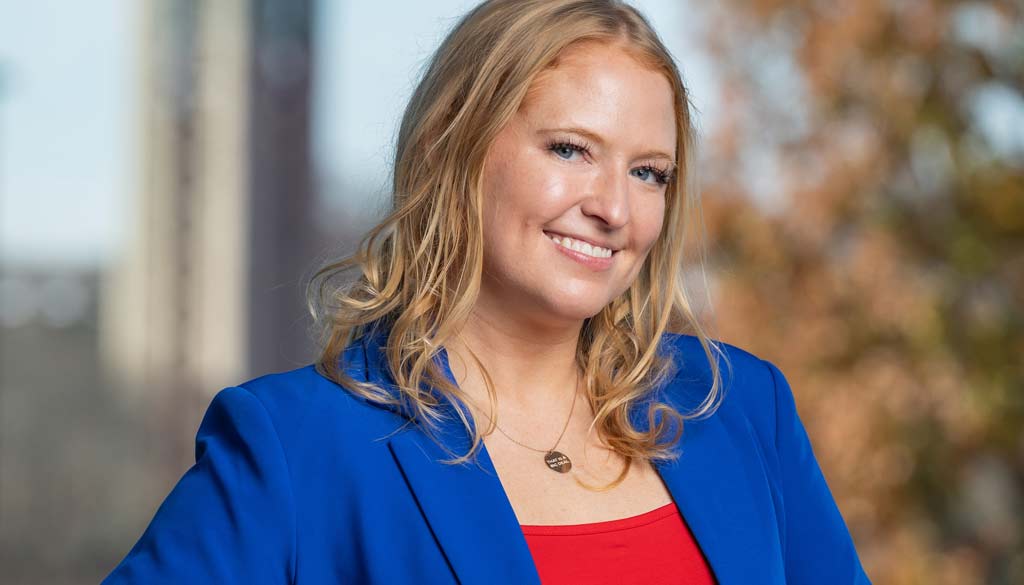Baseball exec builds America’s game in worldwide markets
In his 20-plus years with Major League Baseball, Jim Small has helped introduce the sport in Asia, Europe and South America.
Jim Small, Major League Baseball’s senior vice president, international, and president of the World Baseball Classic, estimates that he’s spent more than a year living out of Chinese hotel rooms. Along with a treasure chest of Marriott points, Small’s travels across the globe provided opportunities to rediscover the beautiful game of baseball through the lenses of other countries’ cultural sensibilities and sports traditions.
“My job for the past 25 years,” Small, j’87, says from his New York City office, “has been to take America’s game and make it the world’s game.”
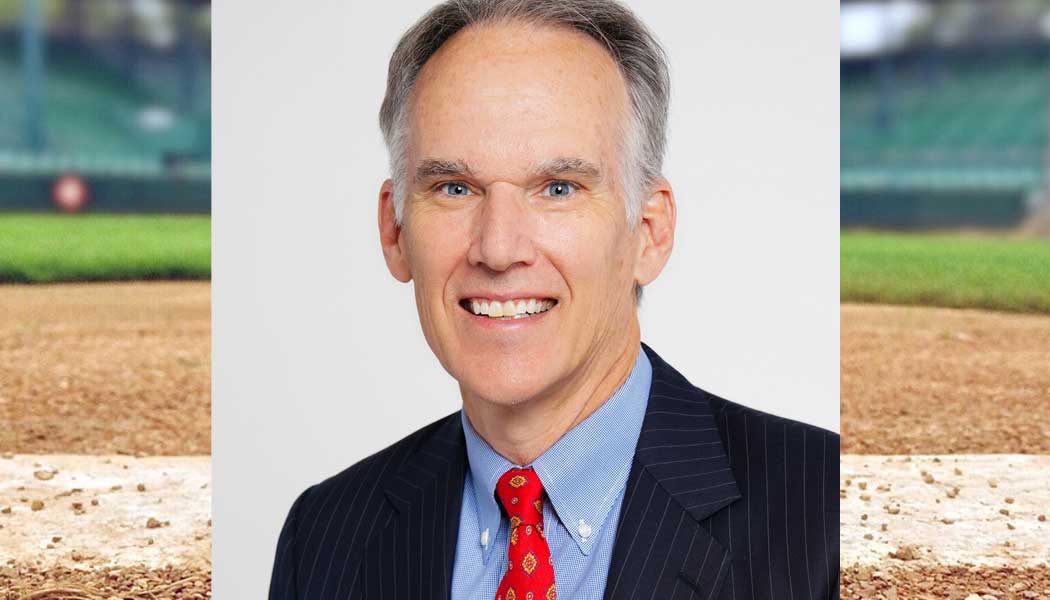
The first requirement, however, was to stop thinking about baseball as “America’s game,” and instead figure out how to get others to embrace it as their own. In India, where passions run hot for high-octane cricket, Small emphasized baseball’s powerful batters and rocket-armed pitchers. In China, he taught the game’s “poetic” ideals: sacrifice, existing without a clock, embarking on perilous journeys until arriving safe at home.
“I’d say, ‘Confucius would have been a great baseball fan,’” Small says, “and their eyes would light up.”
His own trip around the bases began in Boston, where Small grew into a fan of both the Red Sox and the East Coast’s great newspapers. When he realized a pitching career looked doubtful, he turned his attention to journalism: “I was a product of the Watergate generation. I wanted to be Woodward or Bernstein.”
Small was a senior in high school when his family moved to Chicago. As he built a clipbook on the school newspaper, his adviser told him that if he wanted to study journalism, “It’s one of two places: Missouri or Kansas.”
“I figured I liked crimson and blue better than black and gold, so I never applied to Missouri and went to Kansas basically sight unseen,” Small recalls. “It was, by far—besides marrying my wife—the best decision I ever made. It led to literally everything I have.”
Unaware that freshmen were rarely asked to join The University Daily Kansan, Small shared his clips with Professor Rick Musser, then the newspaper’s faculty adviser. Musser invited him to join the Kansan, even offering Small his dream beat: KU sports, reporting to future Washington Post stalwart Tracee Hamilton, c’83, j’83.
Entering his junior year, Small landed a coveted gig as stringer for the Salina Journal, reporting to Kansas sports journalism legend Harold Bechard, who, in fall 1981, assigned Small to cover the Royals’ playoff push. In the Royals Stadium press box, Small found himself seated next to another big-shot-to-be: KU graduate student and Royals intern Mike Swanson, ’81, who would go on to a 43-year MLB career, retiring in 2021 after 15 years as the Royals’ vice president for communications.
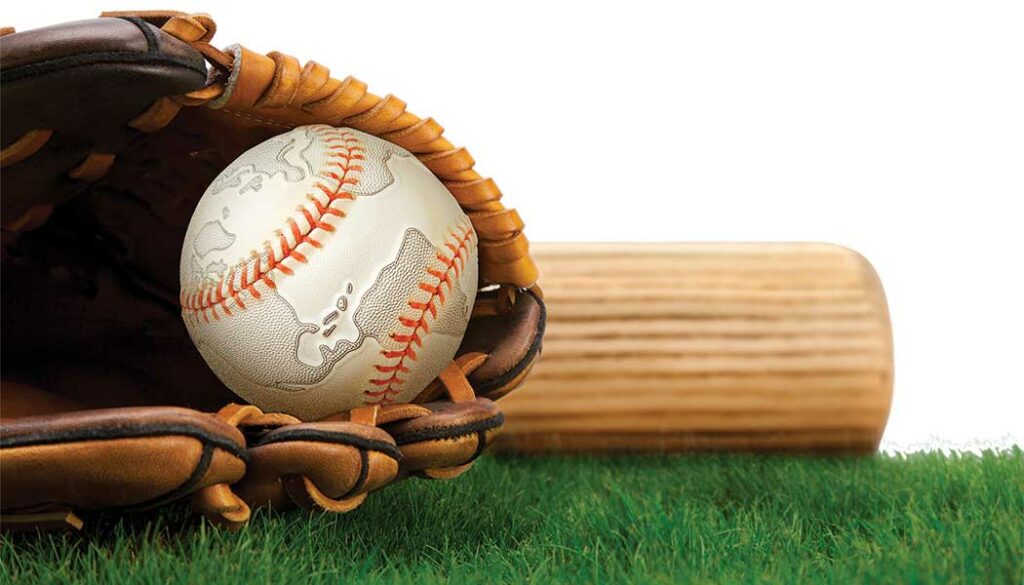
The young Jayhawks struck up a conversation, and when Swanson mentioned that his internship would soon end, he suggested Small apply. Small heeded the advice and months later landed the gig. “And that,” he says, “launched my career in baseball.”
After his Royals internship, Small oversaw baseball publicity for the KU sports information office for two seasons. An internship with the Chicago Cubs led to a full-time job as a Cubs’ public relations assistant—during which he began long-distance KU coursework to make up for a semester lost to a back injury—followed by three years with the Texas Rangers.
Small in 1987 joined the commissioner’s PR office in New York City. After earning an MBA at Fordham University, he spent two years with Nike, and in 1998 returned to MLB as vice president of international market development.
One of his first tasks was to open an office in Tokyo. When the hiring search came up empty, Small, during a flight to Geneva with his boss, impulsively made the “smartest, stupidest” decision of his life, offering to spend two years in Japan.
“Reason No. 750 why I married over my head: I called my wife from Switzerland and said, ‘Hey, what do you think about moving to Tokyo?’” Small says, referencing Michal, assoc., with whom he now shares Alumni Association Life Joint and Presidents Club memberships. “And she said, ‘Great, let’s do it!’ What an adventure.”
Sixteen years later, Commissioner Rob Manfred summoned Small to New York to run MLB’s international business office, which in 2022 led to his appointment as president of a new business structure for the biannual World Baseball Classic.
After losing the 2021 WBC to the pandemic, Small and his colleagues were uncertain of its prospects—questions promptly answered in 2023, when 500 million people worldwide watched at least part of the WBC, 1.3 million bought tickets and 600 million tracked the tournament on social media.
“It was proof of concept that was 16 years in the making,” Small says. “For each of Japan’s seven games, they rated over a 40 (in viewership metrics). The Super Bowl does a 40 in the United States, so that’s seven Super Bowls.”
In his long international career, Small came to view participation, content and live events as vital for baseball’s global expansion. Even video games can help teach the nuanced game, he says, and he cherishes “literally thousands of memories” of seeing children in such disparate locales as Cambodia, the Czech Republic, Brazil and France grow from the thrill of their first at-bats into devoted fans and even international competitors.
“It’s not transactional, like selling an off-the-shelf product,” he says. “It’s a lifestyle change, and we want them to think of it as their game.”
Chris Lazzarino, j’86, is associate editor of Kansas Alumni magazine.
Top photo courtesy of Jim Small
Photo illustration by Susan Younger/iStock
/
